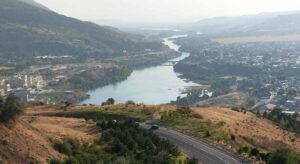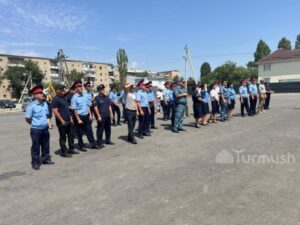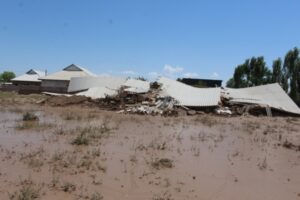Uzbekistan’s Central Election Commission announced that the country’s upcoming parliamentary elections will be held on October 27. During this election, Uzbek citizens will vote for members of the 150-seat Legislative Chamber of the Oliy Majlis, the lower house of parliament. Additionally, elections will be conducted for the 12 regional councils, the Tashkent city council, and 208 district councils. Voters in Karakalpakstan will elect 65 representatives to the Supreme Council of the Autonomous Republic of Karakalpakstan.
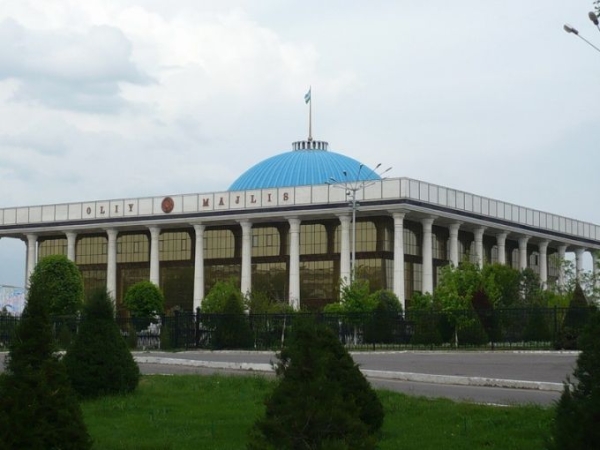
The previous parliamentary election occurred in December 2019. In February 2021, President Shavkat Mirziyoyev enacted a series of reforms, including the shift of election day from December to October. Further reforms, enacted in December 2023, introduced a mixed electoral system. This new system divides the 150 seats in the Legislative Chamber into two categories: 75 seats will be elected through a majority vote in single-mandate districts, while the remaining 75 seats will be allocated proportionally by party.
According to a Senate spokesperson, this change aims to enhance the role of political parties within both the national and local legislatures. Uzbekistan currently has five registered political parties, though competition among them remains limited. As noted by a Tashkent resident in December 2019, despite the presence of multiple parties, the political environment appears fragmented but unified in practice.
In the current 2019 parliament, the Liberal Democratic Party (UzLiDeP), considered the party aligned with the president, holds 53 seats. The National Revival Democratic Party (Milliy Tiklanish) has 36 seats, the Justice Social Democratic Party (Adolat) has 24 seats, the People’s Democratic Party holds 22 seats, and the Ecological Party occupies 15 seats.
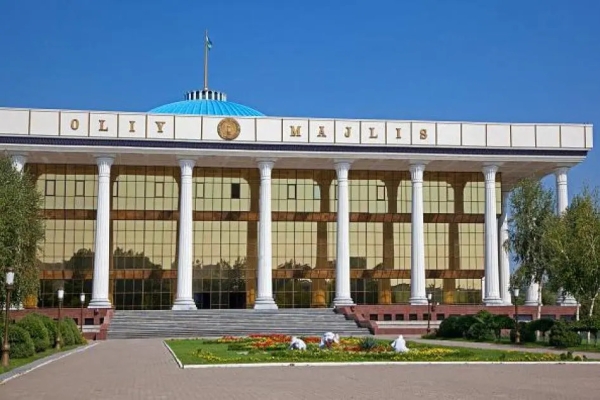
Despite claims of new political parties, such as the Ecological Party, the process of establishing new parties remains challenging. For instance, Khidirnazar Allaqulov’s attempts to register his Haqiqat va Taraqqiyot (Truth and Development) Social Democratic Party in 2021 were unsuccessful, with rejections attributed to inadequate signatures and subsequent legal and social pressures.
As the election approaches, the emergence of new political parties seems unlikely, with limited time remaining. Political analyst Farhod Tolipov has suggested that, in the absence of genuine political competition, the impact of the new mixed voting system may be negligible. The true test will be whether existing parties can effectively differentiate themselves and address the electorate’s concerns.
